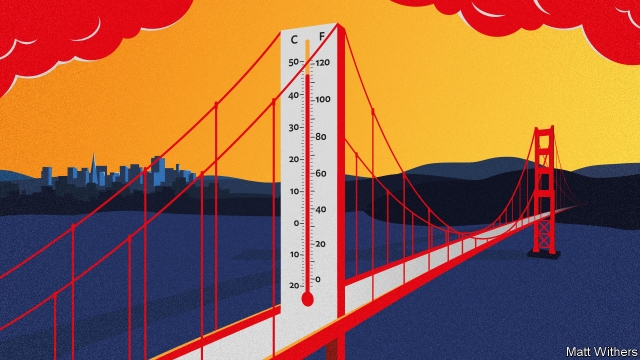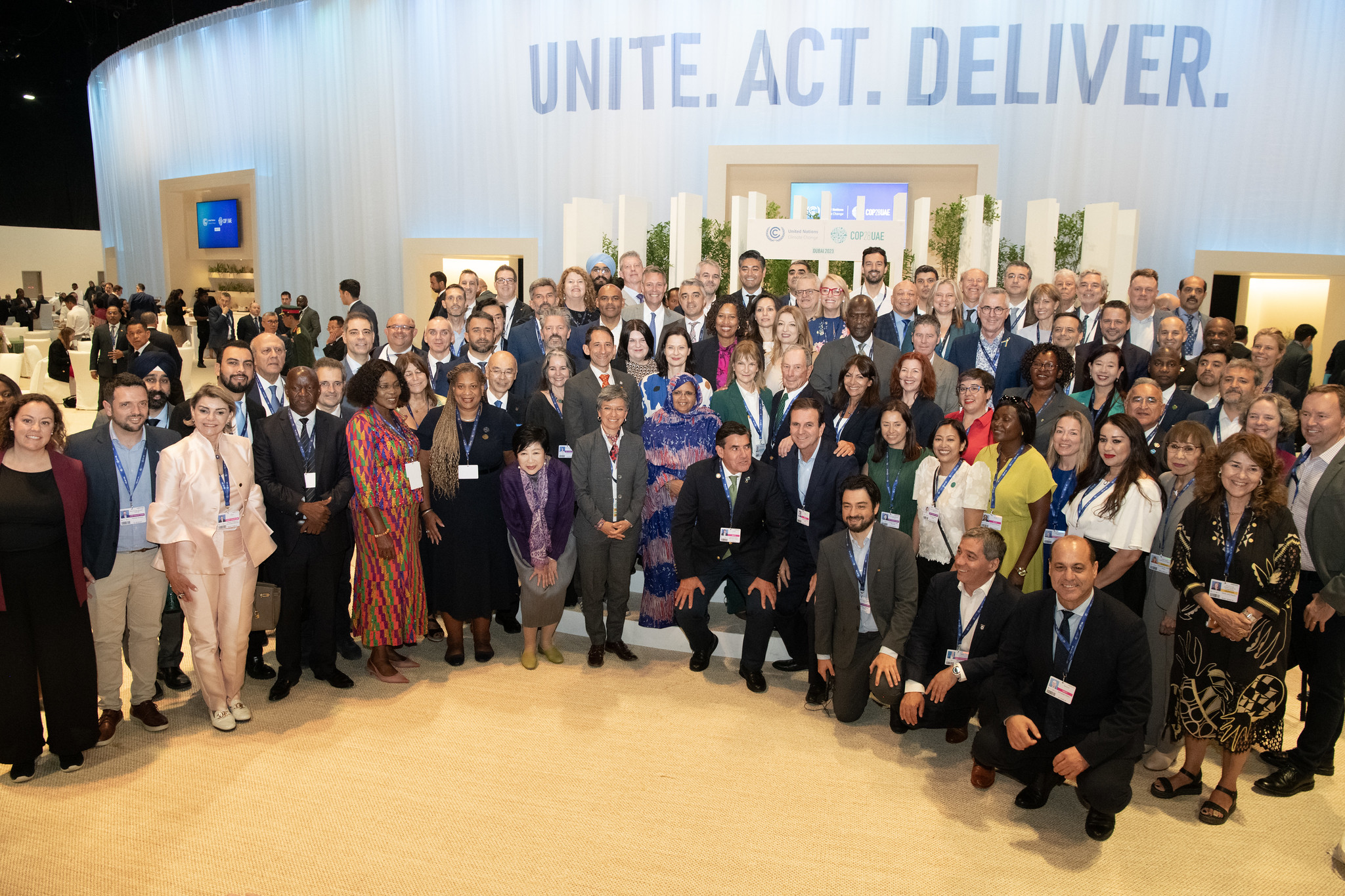Cities Define Key Obstacles to Achieving Climate Goals and Solutions to Overcome Them

For the first time, representatives from more than 80 of the world’s largest cities have revealed the barriers that are limiting their ambitions to tackle climate change, in a new analysis released today by C40 Cities Climate Leadership Group (C40). Unlocking Climate Action in Megacities also presents a corresponding set of innovative and replicable solutions to overcome these challenges.
C40 released the analysis ahead of the Climate Action 2016 Summit convened in Washington D.C. by UN Secretary-General Ban Ki-moon. On Earth Day, 175 countries took the important step of signing the historic Paris Agreement, bringing nations one step closer to deploying carbon reduction strategies on the ground. Today’s Summit indicates that cities are one step ahead, and are already at the stage of operationalizing action and implementing the Paris Agreement. The analysis will give Summit attendees and city officials around the world a practical approach for delivering meaningful action through new research, programmes and policies.
The research is backed by a comparative analysis also released today by the Compact of Mayors that sheds light on the power that different cities wield over their building sector. The findings from The Power Behind the Paris Climate Agreement reveal that where cities have the power to act, they report taking 30 percent more action than those without, reaffirming they are more likely to implement solutions that will reduce greenhouse gas emissions. Nearly 500 cities have pledged to deliver on ambitious climate change targets through the Compact of Mayors, based on the powers they already have. The analysis concludes that even more can be achieved by identifying and overcoming the barriers to action identified in the C40 analysis.
“Mayors around the world face similar challenges in achieving their climate ambitions, and identifying those common challenges is the first step towards solving them,” said C40 Chair and Rio de Janeiro Mayor Eduardo Paes. “By understanding the barriers and working together with C40 and partners in the business, national government and energy sectors, cities will continue to lead the way in tackling climate change.”
“Cities are key actors in the global fight against climate change and mayors are taking a leadership role in implementing action on the ground,” said C40 Executive Director Mark Watts. “Yet mayors are not always able to achieve the scale of their ambitions. Thanks to Unlocking Climate Action in Megacities, we now have a much deeper understanding of the barriers holding mayors back. This is a vital step in overcoming these obstacles and realizing the scale of action needed if the world is to deliver on the 1.5-degree target of the Paris Agreement.”
The report features case studies and interviews with city government officials that have faced each of the challenges; it also details the initiatives that C40 is working on to reduce these barriers. One such initiative is the Coalition for Urban Transitions, announced today by New Climate Economy, WRI Ross Center for Sustainable Cities and C40, which aims to improve decision making on urban transitions at the national level, linking city-level strategies with broader economic planning. Another is the C40 Cities Finance Facility, which will provide technical assistance to help cities unlock up to $1 billion worth of funding for sustainable infrastructure projects. Similarly, a research-based partnership between C40 and Novo Nordisk is seeking to establish an evidence base that green policies in cities are beneficial to both the state of the environment and the health of their citizens.
The key barriers to effective city action on climate change identified in Unlocking Climate Action in Megacities are:
- A lack of co-ordination between city, regional and national governments;
- Green projects falling through the cracks between different arms of city government;
- Collecting, accessing, analysing and presenting information about the benefits of action on climate change;
- Communicating benefits of green initiatives with citizens and other key stakeholders;
- Failure to work effectively with the private sector; and
- Securing funding for green projects in cities.
Unlocking Climate Action in Megacities builds upon C40’s Potential for Climate Action, a report launched at COP 21 in Paris in December 2015. In it, C40 identified 2,300 high-impact projects and policies that cities could implement, thereby saving a massive 450 MtCO2 by 2020, equivalent to the annual emissions of the United Kingdom.


